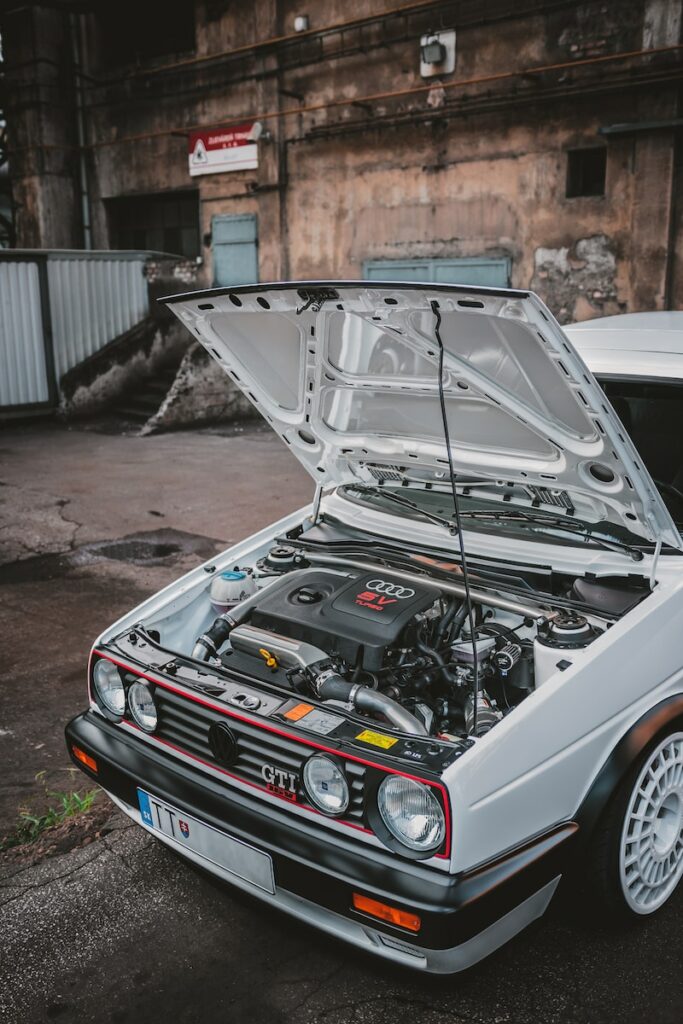Have you ever asked yourself: why is my car overheating? Car engine overheating is one of the most dreadful experiences faced by car owners. In theory, it’s when a large amount of energy is emitted by the vehicle in form of heat. The combination of heat and extreme condition of the surrounding environment results in the overheating of the vehicle’s engine. Car overheating problems should be handled with all seriousness as it is capable of causing irreparable damage to the vehicle engine.
In this article, common problems associated with car overheating will be discussed in detail.
Why Is My Car Overheating?

Car overheating is a problem all vehicle drivers wouldn’t wish to encounter. It is a problem capable of stalling the engine and drastically reduces the vehicle’s power and efficiency. Below are the possible reasons behind car overheating problems. Let’s check them out!
Low Coolant Level
The vehicle coolant system is responsible for the absorption and removal of excess heat from the engine. Overheating mostly occurs as a result of low coolant level which may happen either due to the overflow of the tank or low coolant in the radiator. The coolant system of vehicles should be routinely checked to detect any problems early enough before it cause extreme damage to the entire car engine.
Defective Radiator
The tendency of vehicles to overheat is high if the radiator malfunctions. The usual problems of radiators are blockage or obstructions with particles that can easily be unblocked using a radiator flush. Also, vehicle engines experience overheating of the radiator cap. Which is responsible for pressurizing the car’s cooling system. Furthermore, if the radiator hose is constricted or leaks, the car engine will easily overheat. It could potentially cause severe damage if you don’t fix it as soon as possible.
Faulty Thermostat
Thermostats should open at a proper temperature for easy circulation of coolant through the vehicle engine. However, a defective thermostat won’t be able to perform this important task. Which might ultimately result in overheating of the car engine.
Faulty Water Pump
Water pump is an essential part of the cooling system of car engines. It is responsible for the smooth movement of coolant through the engine’s cooling system. A faulty water pump will be unable to move the coolant through the system. Which may cause the engine to heat up. Water pump requires a quick resolution to avoid a serious damage in the car engine.
What Should I Do When My Car Starts Overheating?
If overheating suddenly occurs while driving, the first and most important step to take is to pull the car over. Allow the engine to cool off. After a little while, proceed to check the coolant level and top it up if necessary. Also, ensure the radiator fan is turning freely and making sure the radiator hose is intact.
Is It Safe To Drive A Car After It Overheats?
Yes. As long as the engine is not damaged. However, it is advisable to allow the vehicle to cool off and have the cooling system checked before you drive. Essential parts of the cooling system like the thermostat, radiator, and water pump should be checked and adjusted where necessary to avoid a re-occurrence of overheating.

Frequently Asked Questions:
What are the common reasons why a car overheats?
Cars can overheat due to issues like a malfunctioning thermostat, a cooling system leak, a faulty radiator, or a malfunctioning water pump.
How can I tell if my car is overheating?
Common signs of an overheating car include the temperature gauge in the red zone, steam or coolant leaking from the engine, and warning lights on the dashboard.
What should I do if my car starts to overheat while driving?
If your car overheats while driving, pull over to a safe location, turn off the engine, and let it cool down. Do not attempt to open the radiator cap when the engine is hot.
Is it safe to drive a car that is overheating?
No, driving an overheating car can lead to severe engine damage. It’s best to pull over and address the issue promptly.
How can I fix an overheating car?
The specific fix depends on the cause of the overheating. Common solutions include replacing a faulty thermostat, fixing coolant leaks, or repairing the cooling system.
Can low coolant levels cause a car to overheat?
Yes, low coolant levels can lead to overheating. It’s essential to maintain the proper coolant level in your car’s system.
Final words
Car overheating problems are usually cooling system issues. However, there are other reasons such as faulty water pumps, defective thermostats, and radiator issues behind car engine overheating problems. With regards to the above narratives, a routine check for cooling system problems to avoid severe damage to the car engine is a good practice.




